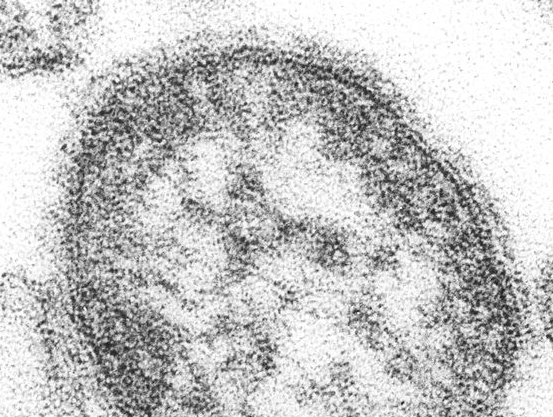Day Care Shutdown, Lawsuit and More on Measles

WILLIAMSBURG — The city closed a daycare center on Monday after the school refused to provide vaccination records to the city in the wake of a measles outbreak which has now climbed to 329 cases.

United Talmudical Academy, at 75 Ross St. in Williamsburg, is the first institution to close. Brooklyn’s ultra-Orthodox community has been at the center of the measles outbreak since October. Despite attempts to contain the virus, the number of children and adults affected rises monthly. The outbreak began seven months ago when health officials announced a child visiting Israel resulted in six children diagnosed with the disease.
On April 9, the mayor announced Yeshivas in Williamsburg would be subject to $1,000 for allowing unvaccinated students in school. Since then, the city has issued 23 Notices of Violations to yeshiva schools in daycares in Williamsburg.
The is city’s second attempt at issuing a Commissioner’s Order, the first came in December 2018 when the measles count was 42. The Department of Education issued a letter demanding Yeshivas in 12 area codes ban unvaccinated students.
In March, a single student infected at least 21 students at Yeshiva Kehilath Yakov after the school fell out of compliance. At the time, the measles outbreak had reached 121 cases impacting mostly children.
Meanwhile, five parents filed suit in Brooklyn’s Supreme Court against the city arguing the ban violates their “children’s religious exclusions,” to vaccinations. The anonymous plaintiffs pegged the reason for the quarantine as “insufficient,” reports the Post.
Since October, 25 people have been hospitalized. There are 45 cases of adults and 284 cases of children under 18 years of age. There are no reported fatalities but the measles count continues to grow.
Worldwide, the disease has tripped, according to a BBC report.
Here’s what to look for and avoid:
- Measles is transmitted by airborne particles, droplets, and direct contact with the respiratory secretions of an infected person.
- Symptoms usually appear 10 to 12 days after exposure to measles, and in some cases, symptoms can start as early as seven days or as late as 21 days following exposure.
- Early symptoms include fever, cough, runny nose, and red, watery eyes.
- Rash and fever are the typical symptoms of measles and usually occur four days following the early symptoms. The rash usually starts on the face and proceeds down the body. The rash lasts several days.
- Infected individuals are contagious from four days before rash onset through the fourth day after rash appearance.
- Anyone can contract measles but the virus is more severe in infants, pregnant women, and people whose immune systems are weak. Complications include:
- Diarrhea
- Ear infections
- Pneumonia (swelling of the lungs)
- Encephalitis (swelling of the brain)
- Premature birth or low birth-weight
- Miscarriage
- Death
- About 1 out of 1, 367 children < 5 years developed a late, fatal complication of measles, subacute sclerosing panencephalitis (SSPE), an average of 9.5 years after recovery from measles infection.
Source: Department of Health and Mental Hygiene



